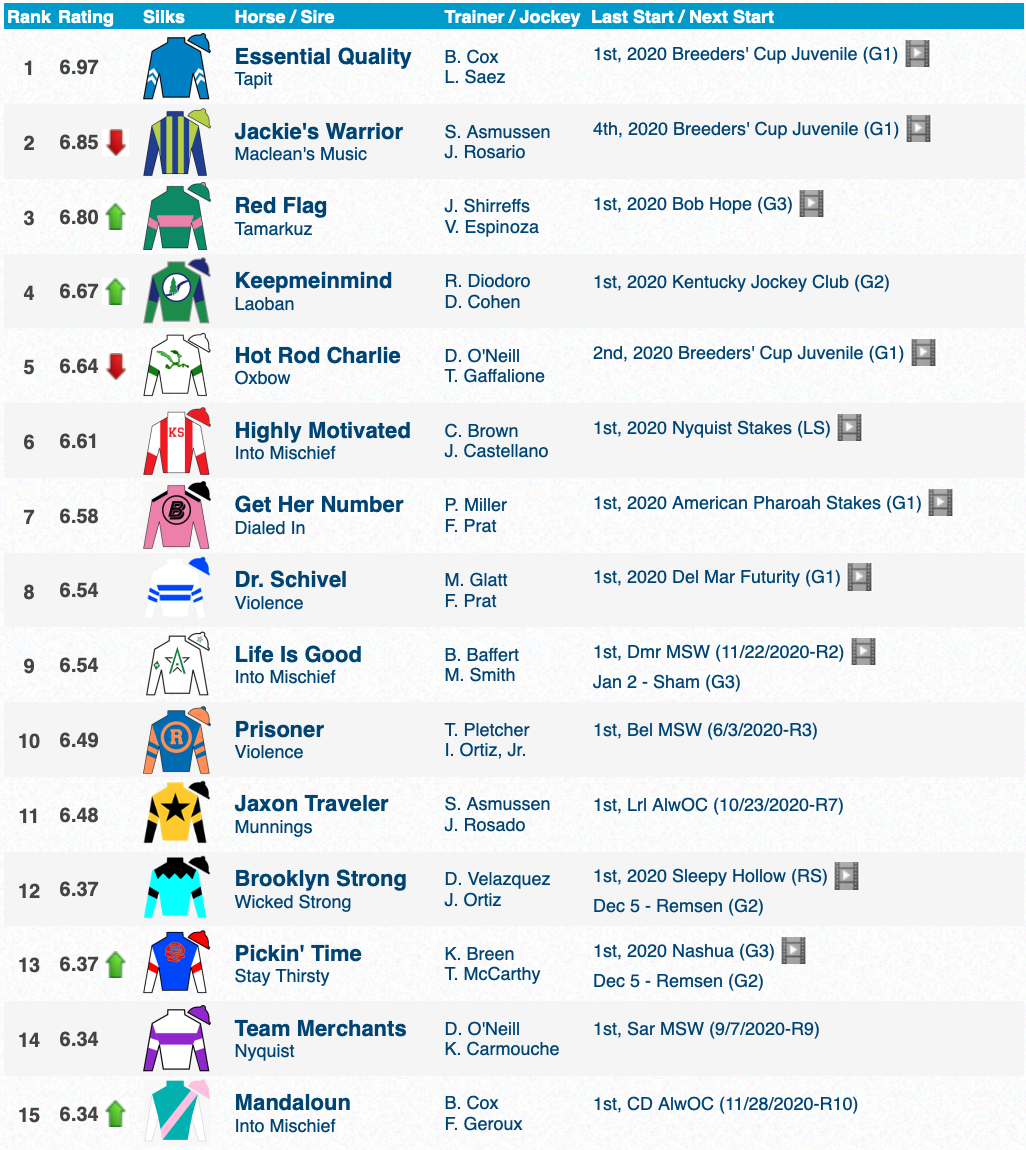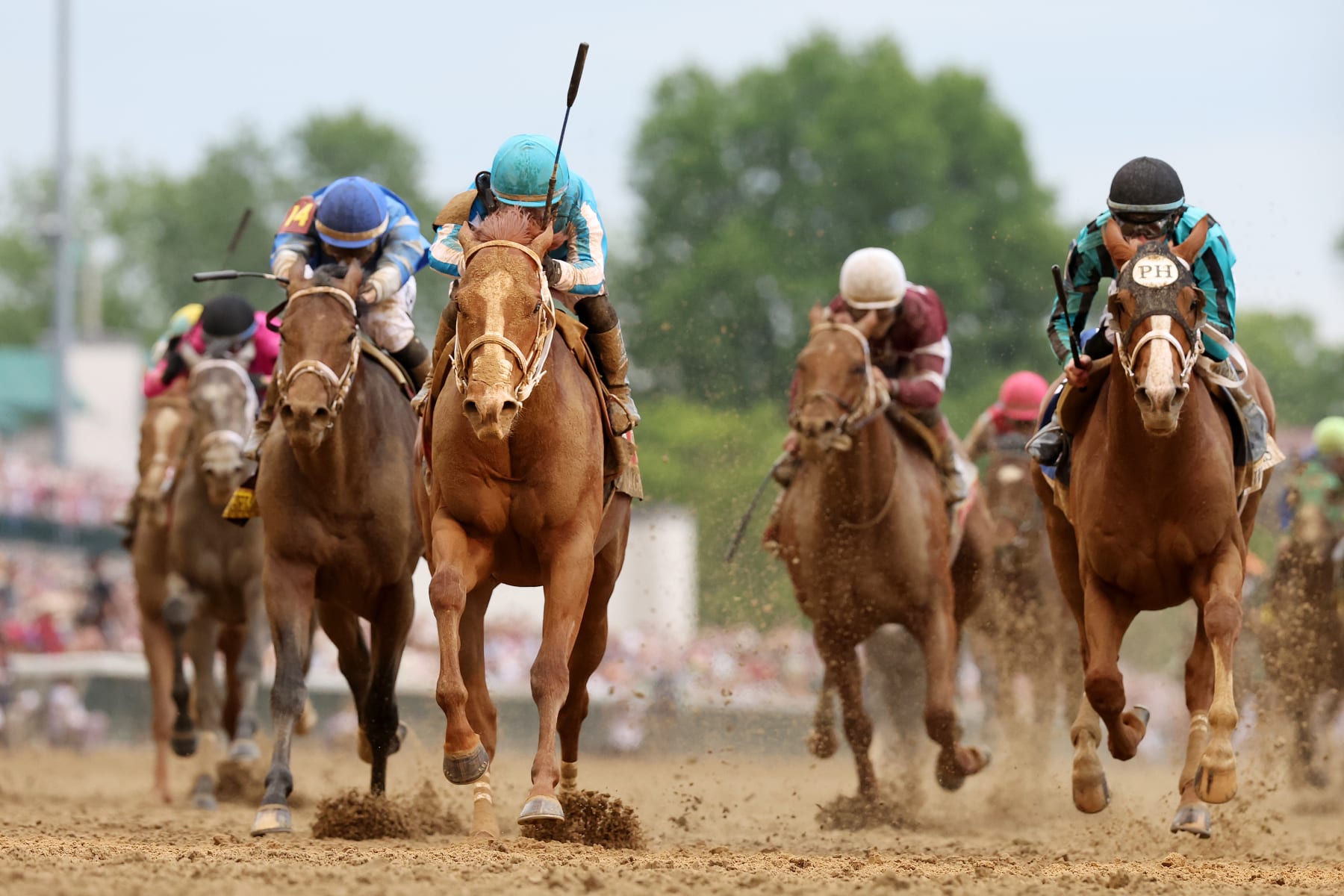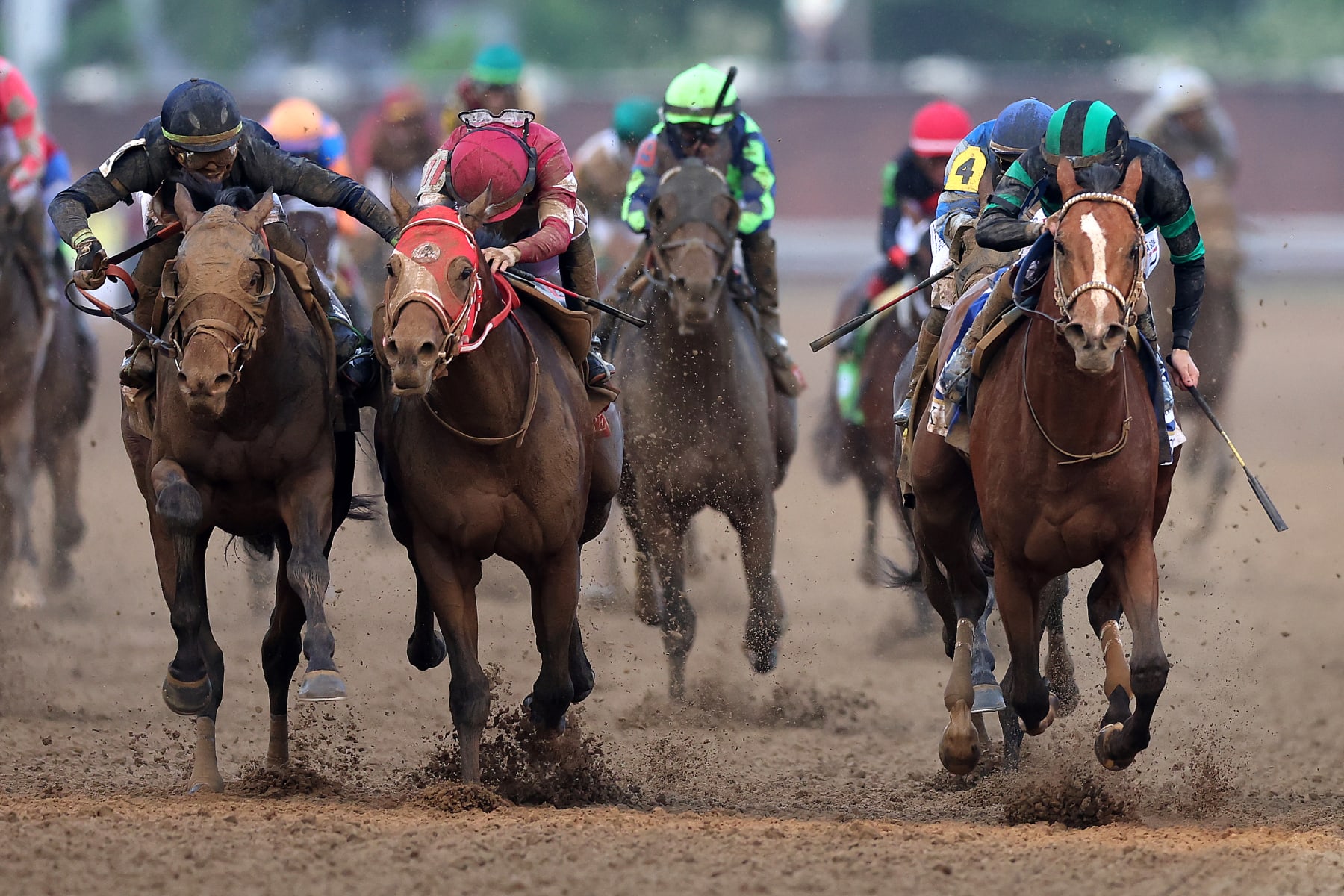Kentucky Derby Jockey Payouts - What Riders Really Earn
The Kentucky Derby, a race many folks call "The Run for the Roses," happens each year in Louisville, Kentucky, a place truly known for its fine horses and rolling bluegrass fields. This big event, a highlight of the spring season, brings together some of the fastest three-year-old thoroughbreds and, of course, their skilled riders. There is, you know, a lot of excitement and a good bit of money at stake for everyone involved, especially for those jockeys guiding the horses around the track. Folks often wonder about the earnings of these athletes, particularly what a jockey takes home after riding in such a famous contest.
Thinking about the Derby, it is almost impossible not to picture the vibrant energy, the fancy hats, and the thunder of hooves. It is a tradition that stretches back a long way, to 1875, really cementing Kentucky's place as a horse country. The money involved in this race, what with the massive purse, makes it a truly significant day for everyone hoping for a piece of the action. The payout structure for the jockeys, for example, is something that sparks a lot of curiosity, given the intense preparation and split-second decisions they make during the race.
The earnings of a jockey at the Kentucky Derby are more complex than just a simple winning check. There are, in some respects, many layers to how these riders get paid, from the initial agreements with horse owners to the percentage they receive from the race's overall prize money. It is a system that tries to reward skill, effort, and, naturally, the ability to bring a horse to victory in one of horse racing's most watched events. We will look at how this all works, particularly focusing on the Kentucky Derby jockey payout.
Table of Contents
- What is the Kentucky Derby?
- How Do Jockeys Get Paid for the Kentucky Derby?
- What is a Typical Kentucky Derby Jockey Payout?
- Breaking Down the Kentucky Derby Purse
- Are There Other Ways Jockeys Earn Money Beyond the Kentucky Derby Payout?
- What Does a Jockey Do with Their Kentucky Derby Payout?
- How Does a Kentucky Derby Jockey Payout Compare to Other Races?
- What Goes Into a Jockey's Preparation for the Kentucky Derby?
What is the Kentucky Derby?
The Kentucky Derby, held at Churchill Downs in Louisville, is a horse race like no other. It is the first jewel in horse racing's Triple Crown, a series of three big races for three-year-old thoroughbreds. This event, which happens every year on the first Saturday in May, is deeply tied to Kentucky's identity. The state itself, you know, has a long story with horses, from the famous horse park in Lexington where many fine animals are raised, to the general love of equestrian pursuits that runs through the Bluegrass State. It is more than just a race; it is a cultural happening, drawing people from all corners to witness a brief, powerful burst of speed and strategy.
The Derby is run over one and a quarter miles on a dirt track, a distance that truly tests the stamina and speed of these young horses. For the jockeys, it is a moment of immense pressure and opportunity. They have spent countless hours, literally, working with these horses, building a bond and learning their quirks. The race itself, basically, lasts only about two minutes, yet those two minutes are the culmination of years of breeding, training, and careful planning. The whole atmosphere, with the crowd singing "My Old Kentucky Home," makes it a very special experience, setting the stage for what a Kentucky Derby jockey payout might mean.
How Do Jockeys Get Paid for the Kentucky Derby?
A jockey's income, especially when it comes to a big event like the Kentucky Derby, comes from a few different sources. First off, there is a mount fee. This is a set amount a jockey receives just for riding a horse in a race, whether they win or not. For a regular race, this fee might be a few hundred dollars, but for a high-profile event like the Derby, it could be a bit higher, reflecting the importance of the race. This initial payment is, in a way, a basic compensation for their time and effort.
Beyond the mount fee, the main way a jockey earns money from the Kentucky Derby is through a percentage of the purse money. The Derby has a very large prize pool, which is split among the top finishers. The winning jockey, as a matter of fact, typically gets the largest share of the jockey's portion, but jockeys who finish in the money (usually the top five or so) also receive a percentage. This percentage is not set in stone; it can vary slightly based on agreements with the horse's owner and trainer, but there is a common practice that most follow. This percentage, naturally, forms the core of the Kentucky Derby jockey payout.
What is a Typical Kentucky Derby Jockey Payout?
The Kentucky Derby's total purse money has grown quite a bit over the years. It is usually in the millions of dollars. For instance, the purse has been set at three million dollars for some recent races. This large sum is then distributed among the horses that place well. The winner takes the largest chunk, then second place, and so on, down to fifth place, or sometimes even beyond. The winning horse's owner gets the lion's share of this money, but a portion of it is set aside for the jockey. So, you know, it is a significant amount.
For the winning jockey of the Kentucky Derby, the standard share of the winning horse's prize money is typically around ten percent. If the winning horse earns, say, $1.86 million (which is 62% of a $3 million purse), the jockey's share would be about $186,000. This is, you see, a substantial amount for a few minutes of work, but it reflects the skill, the risk, and the immense pressure involved. Jockeys who finish second, third, or fourth also receive a smaller percentage of their horse's earnings, usually around five percent. This makes the Kentucky Derby jockey payout a truly special earning opportunity.
Breaking Down the Kentucky Derby Purse
Let's look a little closer at how the Kentucky Derby purse is divided before the jockeys even get their share. The total prize money, as we mentioned, is a very large sum, often millions of dollars. This money is distributed among the top finishers, with the first-place horse receiving the biggest portion. For a $3 million purse, the breakdown might look something like this: the winner gets 62% of the total, which is $1.86 million. The second-place horse might get 20%, or $600,000. Third place gets 10%, which is $300,000. Fourth place usually receives 5%, or $150,000, and fifth place gets 3%, or $90,000. This, naturally, leaves a good bit of money for the owners.
Once the owners receive their share, a pre-agreed percentage of that amount is then passed on to the jockey. It is not, for example, a direct cut from the total purse. It is a percentage of what the owner takes home. This system means that a jockey's Kentucky Derby payout is directly linked to the horse's performance and the owner's overall winnings. This setup ensures that the jockey's financial incentive is aligned with the horse's success, encouraging the best possible ride. It is, in a way, a partnership, with everyone benefiting from a winning performance.
Are There Other Ways Jockeys Earn Money Beyond the Kentucky Derby Payout?
While the percentage of the purse is the biggest part of a jockey's Kentucky Derby payout, there are other ways these riders can earn money related to the big race. Sponsorships, for instance, play a pretty big role for many top jockeys. Brands, especially those involved in horse racing or luxury goods, might pay a jockey to wear their logo on their silks or to endorse their products. These deals can bring in a significant amount of extra income, particularly for jockeys who have a strong public profile or have won big races before. It is, you know, a way for them to leverage their fame.
Appearance fees are another potential source of income. A jockey might be paid to attend certain events, sign autographs, or participate in promotional activities leading up to the Derby. These fees are not tied to the race outcome but rather to the jockey's presence and popularity. Some jockeys, too, might have retainer agreements with certain stables or owners, meaning they get a regular payment to ride their horses exclusively, regardless of race outcomes. This provides a bit of financial stability beyond just race winnings, contributing to their overall earnings, even if not directly part of the Kentucky Derby jockey payout itself.
What Does a Jockey Do with Their Kentucky Derby Payout?
When a jockey receives their Kentucky Derby payout, it is not all clear profit. There are, actually, several expenses and obligations that come out of that sum. First and foremost, taxes. Any significant income, especially from a prize like this, is subject to income tax. This can be a substantial portion of the winnings, depending on the jockey's overall income and tax bracket. It is, you know, a pretty big bite out of the total.
Then there are agent fees. Most jockeys work with an agent who helps them secure rides, manage their schedule, and negotiate contracts. These agents typically take a percentage of the jockey's earnings, often around 25% or so. This fee compensates the agent for their work in finding opportunities and handling the business side of things. Furthermore, jockeys often share a portion of their winnings with the exercise riders who train the horses daily, the valets who help them get ready for races, and sometimes even the stable hands. This is, in a way, a show of appreciation for the team effort that goes into preparing a horse for a race like the Derby. So, the final Kentucky Derby jockey payout, after all these deductions, is a bit less than the initial percentage.
How Does a Kentucky Derby Jockey Payout Compare to Other Races?
The Kentucky Derby jockey payout stands out quite a bit when compared to earnings from most other horse races. For a regular race at a smaller track, a jockey might earn a mount fee of a few hundred dollars and a much smaller percentage of a much smaller purse. Winning a typical allowance race, for example, might net a jockey a few thousand dollars, if that. Even major races outside of the Triple Crown usually have smaller purses than the Derby, meaning the jockey's share is less. The Derby, you see, is truly in a league of its own for financial rewards.
When you look at the other Triple Crown races, the Preakness Stakes and the Belmont Stakes, their purses are also significant, but often not as large as the Kentucky Derby. This means that while winning those races also provides a substantial jockey payout, the Derby usually offers the biggest single payday. For a jockey, winning the Derby is not just about the prestige and the place in history; it is also, very, about the financial security and opportunities that such a large Kentucky Derby jockey payout can bring. It is a moment that can truly change a jockey's career and their life.
What Goes Into a Jockey's Preparation for the Kentucky Derby?
The potential for a significant Kentucky Derby jockey payout is certainly a motivator, but the work that goes into earning it is immense. Jockeys, basically, live a life of strict discipline. They maintain a very specific weight, often through rigorous diet and exercise, which is, you know, a constant challenge. Their physical conditioning is top-notch; they need strength, balance, and quick reflexes to control a powerful animal moving at high speeds. This is not just about being small; it is about being strong and agile in a very particular way.
Beyond the physical demands, jockeys spend countless hours getting to know their horses. They ride them in morning workouts, learning their temperament, their stride, and how they respond to different cues. This connection is truly important for race day. They also study their competition, watching replays of other races to understand how different horses and jockeys perform. The mental preparation is just as vital as the physical; they need to be calm under pressure, make split-second decisions, and execute a race plan perfectly. The effort put into preparing for the Derby, from the jockey's perspective, is a testament to the dedication required for such a unique profession in the heart of horse country, where horses are raised and trained to be champions.

Kentucky Derby 2025 Payouts - Esteban Bergeron

Kentucky Derby 2023 Purse: Prize-Money Payout for Each Owner, Horse and

Kentucky Derby 2024 Purse: Prize Money Payout for Each Owner, Horse and